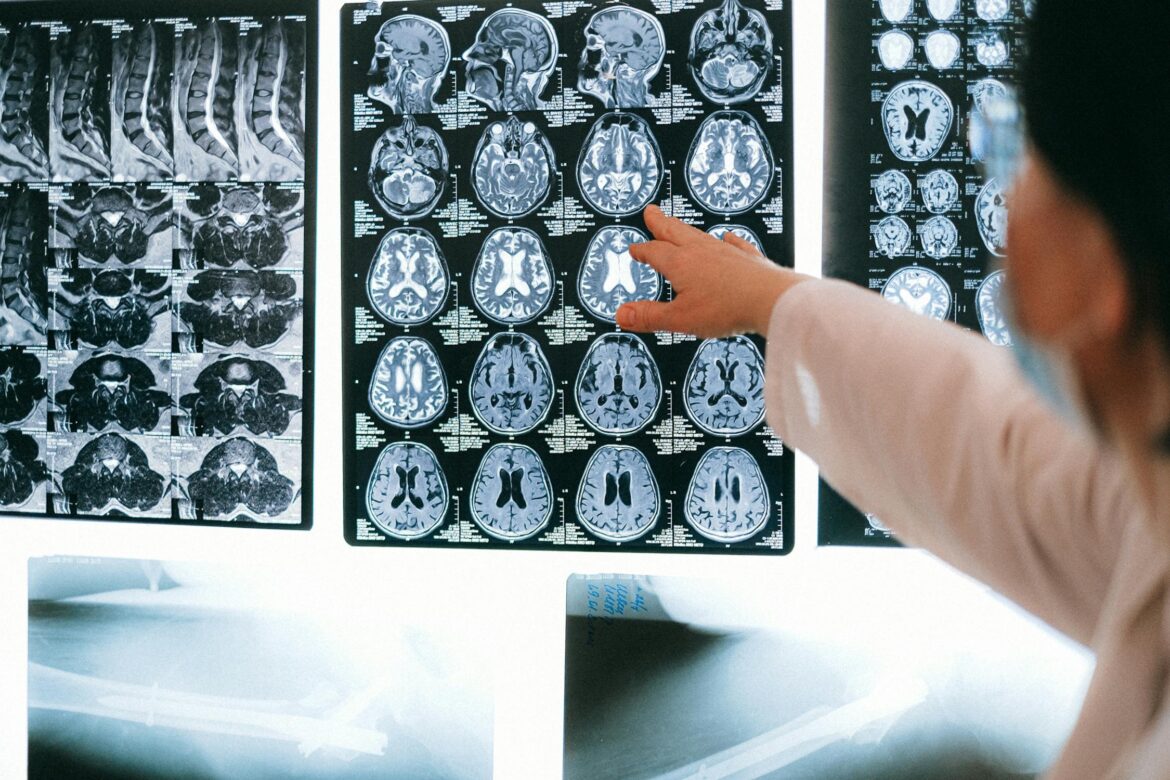A new, groundbreaking study, published in Science, shows how the brain can overcome instinctive fears that prove to be harmless, over time.
Both The Washington Post’s Leo Sands and Nature’s Felicity Nelson have terrific reports on the peer-reviewed study, and you can read them here and here, respectively.
I’ll give you a briefer upshot.
Basically, researchers studied the brains of mice who saw a terrifying image — an overhead shadow that mimicked a predatory bird.
Obviously, the mice freaked out when they saw the winged shadow and scrambled to safety.
That’s a good response. We were built with instinctive responses to threats. And if you’re a mouse outside and you see a massive, winged bird flying over you, you should probably head inside.
But after researchers exposed the mice to 30-50 swoops, the mice simply stopped running. They just ignored the shadow and went about their normal mouse things.
Therefore – something happened in their brain that told them, “Hey, that threatening thing is no longer a threat.”
Where once they feared an overhead shadow, now such fear was gone.
Now this is where it gets interesting.
Scientists found that an under-explored region of the brain was responsible for this “unlearning” response — the ventrolateral geniculate nucleus (vLGN).
Previously, scientists had looked elsewhere in the brain for why this phenomenon might occur, but now it appears the vLGN may hold the key for how the brain can learn to dismiss a danger, over time, and through repeated exposure to the threat.
Obviously, this holds big implications for treating things like anxiety, phobias, and in particular, PTSD by targeting circuits through drugs, brain stimulation etc.
From Sands’ piece:
“Targeting brain areas like the ventrolateral geniculate nucleus could open up new avenues to treat these disorders,” she [researcher and Dr. Sarah Mederos] said. The study also pointed to how specific molecules, mediated by neurotransmitters, are released in this area of the brain and allow fears to be unlearned.
“Particular drugs targeted specifically to the ventrolateral geniculate nucleus could be pharmacological approaches that would help with treating anxiety or PTSD,” she said.
Of course, anyone who’s been around therapy will recognize the phenomenon of treating OCD or, perhaps, PTSD through Exposure and Response Prevention Therapy (ERP), which focuses on slowly exposing a person to their fear, in order to learn that things we imagine as enormously threatening often are not.
If you read the ERP link, you’ll find a treatment that theoretically, if not mechanistically, looks a lot like what the scientists did to the mice.
So, at some level, all of this made sense before the study.
But now scientists have a really good grasp on how the brain unlearns fears that turn out to be harmless.
The value for therapy is immense.
If you’re reading this site, you might have OCD, PTSD, an anxiety disorder, or anything else that often drives you into a state of mental and, perhaps, physical paralysis.
I’m with you there – I’ve been open about my own battles with those issues on this site, and this site is for you and me. For all of us. To help us feel less alone, particularly in a Christian community where, institutionally, there remains a large stigma around these diseases.
In 2022, a mental health charity in the UK found that 91% of Christians across various denominations in the UK said there was a stigma around mental health within the church, and 43% had experienced a mental health issue themselves. The disconnect there is heartbreaking (and dangerous).
A similar disconnect occurs in the church in the United States, with 18% of churchgoers saying they’ve left a church due to its attitude on mental health (Author Sarah Robinson wrote a fantastic book about the issue, and talked about a charismatic church that tried to spiritualize the issue in an interview with me here).
I’m encouraged that the stigma seems to be lifting a bit in recent years, depending on the country, but even in the United States, I still feel far more scared about talking about my struggles among Christians or at church than with others.
To ape James (in a different context), “These things ought not so to be!”
If you’re going through this alone, I’d encourage you to reach out for professional help (see links below).
And I’d also add – “Praise God from whom all blessings flow” — including the blessing of scientists who study medical diseases like ours and come up with treatments for them. They are doing the Lord’s work.
If you’re struggling with OCD, depression, PSTD, anxiety, or any other mood disorder…
For readers in the United States…
Find a psychiatrist here.
Find a therapist here.
For readers, internationally, seek help from a local resource.
For salvation, Christ and Christ alone.
[Photo: Pexels, MRI, free photography, photo by Anna Shvets]

